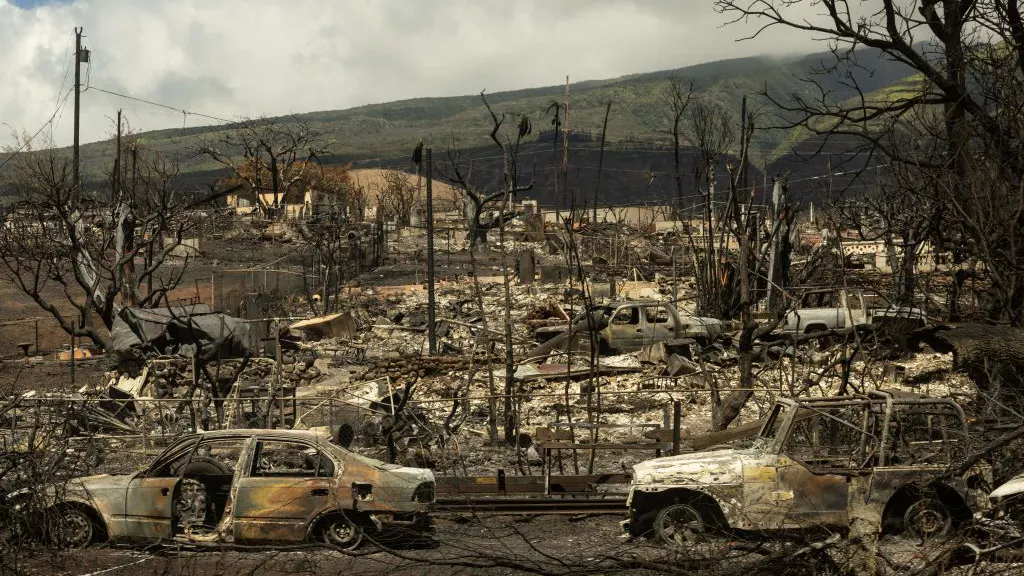A top scientist revealed he intentionally left out key information disputing the climate change narrative pushed by the Left so that his paper would get published.
Patrick T. Brown, a lecturer at Johns Hopkins University and doctor of earth and climate sciences, published an article titled, “I Left Out the Full Truth to Get My Climate Change Paper Published.”
“I just got published in Nature because I stuck to a narrative I knew the editors would like,” he commenced the article. “That’s not the way science should work.”
Brown pointed out that news articles about wildfires across the world this summer declared they were the result of climate change. He surmised that the media parrots that narrative because “it fits a simple storyline that rewards the person telling it.”
Citing his paper “Climate warming increases extreme daily wildfire growth risk in California,” he added, “I knew not to try to quantify key aspects other than climate change in my research because it would dilute the story that prestigious journals like Nature and its rival, Science, want to tell.”
“The biases of the editors (and the reviewers they call upon to evaluate submissions) exert a major influence on the collective output of entire fields,” Brown attested. “They select what gets published from a large pool of entries, and in doing so, they also shape how research is conducted more broadly. Savvy researchers tailor their studies to maximize the likelihood that their work is accepted.”
Brown listed ways in which a researcher should tailor their piece in order to get published: ignore practical adaptation measures, ignore other factors that could cause wildfires, such as poor forest management; ignore statistics that might run counter to the climate change narrative, such as the fact that over 80 percent of wildfires in the US are started by people.
Brown also explained how using metrics that “will generate the most eye-popping numbers” was also advantageous in getting a paper published.
“Another way to get the kind of big numbers that will justify the importance of your research—and impress editors, reviewers, and the media—is to always assess the magnitude of climate change over centuries, even if that timescale is irrelevant to the impact you are studying,” he noted.
“When I began the research for this paper in 2020, I was a new assistant professor needing to maximize my prospects for a successful career,” Brown recalled. “When I had previously attempted to deviate from the formula, my papers were rejected out of hand by the editors of distinguished journals, and I had to settle for less prestigious outlets. To put it another way, I sacrificed contributing the most valuable knowledge for society in order for the research to be compatible with the confirmation bias of the editors and reviewers of the journals I was targeting.”
After revealing he left academia over a year ago, he stated, “Climate scientists shouldn’t have to exile themselves from academia to publish the most useful versions of their research. We need a culture change across academia and elite media that allows for a much broader conversation on societal resilience to climate.”
He turned to the media: “The media, for instance, should stop accepting these papers at face value and do some digging on what’s been left out. The editors of the prominent journals need to expand beyond a narrow focus that pushes the reduction of greenhouse gas emissions. And the researchers themselves need to start standing up to editors, or find other places to publish.”

.png)
.png)

